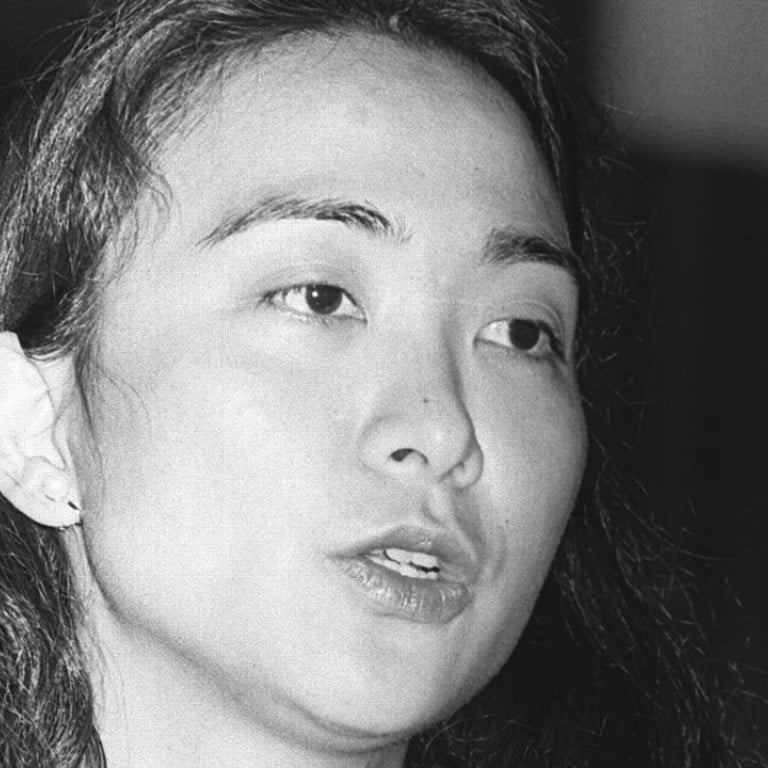
Tough reporter who became city’s own Iron Lady
In December 1984, a young journalist from the now-defunct Far Eastern Economic Review became an overnight celebrity after turning the tables on then British prime minister Margaret Thatcher in a news conference regarding the future of Hong Kong.
Seven years after Emily Lau Wai-hing took the Iron Lady to task for “delivering over five million people into the hands of a communist dictatorship”, she entered politics and became the first woman in the city’s history to be directly elected to the colonial legislature, winning 46,515 votes in the New Territories East constituency.
Lau, often dubbed Hong Kong’s own Iron Lady because of her tough, uncompromising style, yesterday announced her intention not to stand for another term in the Legislative Council, signalling for many the end of an era.
READ MORE: Hong Kong Democratic Party leader Emily Lau decides not to seek re-election in 2016
In an interview with the Post in 2001, Lau – a former chairwoman of Hong Kong Journalists Association – said she had never planned to be a politician but her encounter with a British cabinet minister had changed her mind.
“As a Far Eastern Economic Review reporter, I was interviewing a British minister, who asked me whether I would stand for election, and I answered: ‘Yes, minister, but where are the elections? You Brits are not giving us a chance’.
“I put my money where my mouth is. I have trust in democracy. I knew I would stand for an election only if it was democratic, so I stood in 1991 when there was a democratic election.”
Lau has long been vocal against Hong Kong’s stagnant democratic development.
A year before the 1997 handover, she and three pan-democratic allies protested against the “small-circle” chief executive election by lying down in the middle of a road in Wan Chai – an early civil disobedience movement that shared some characteristics with last year’s Occupy movement.
A founding member of The Frontier, she became the vice-chairwoman of the Democratic Party in 2008 by leading the merger of the two groups. She was elected chairwoman in 2012.
It was not an easy time. The Democrats were by then deeply split and ostracised from parts of the pan-democratic camp after accepting concessions in talks with Beijing officials, which Lau attended, and supporting what some viewed as a compromised political reform package.
Lau, now 63, has apparently lost the support of young people in recent years, with some regarding her as too moderate.
Lau and her party colleague Helena Wong Pik-wan were recently booed by protesters against the Copyright Amendments Ordinance as they showed up to explain their party’s stance on the unpopular law. Opponents criticised the Democrats for not pledging to join the marathon filibustering staged by other pan-democrats to protect free speech.
Democrats young and old, however, acknowledged Lau’s contribution to the party.
Former lawmaker Cheung Man-kwong praised Lau’s courage in defending her party’s policies, even if they were unpopular.
“Many politicians nowadays tend to please others and avoid controversy,” said Cheung. “This has made Lau’s courage and candour more precious.”
He also said Lau had managed to resolve internal conflicts and raised donations to afford young party members more opportunities.
Kelvin Lai King-wai, head of the party’s creative media division, said Lau was always willing to listen to young members.

